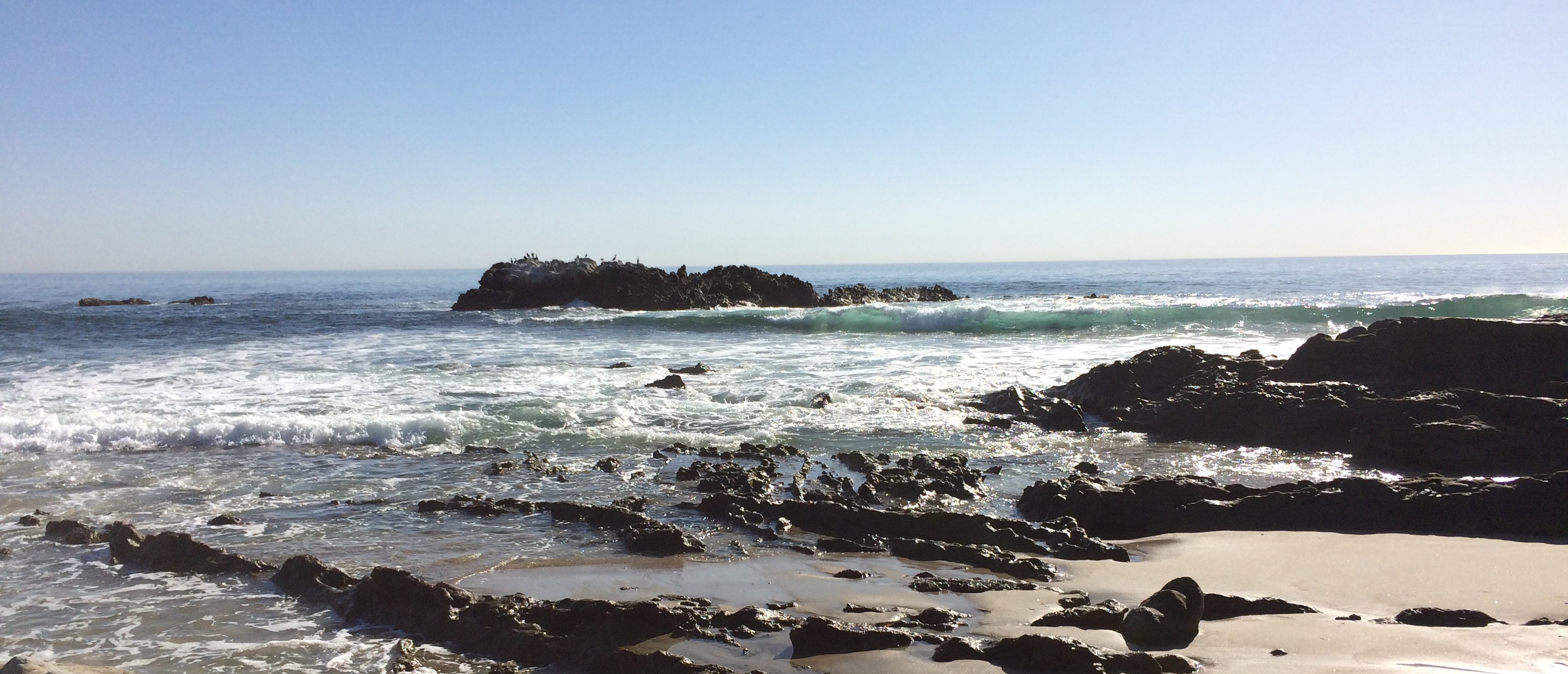With all the horrible news these days, one story that stopped me in my tracks recently was Scott Simon’s tribute to Elijah McClain, a 23-year-old Black man who died at the hands of police in 2019 in Aurora, Colorado. Last week three police officers and two paramedics where indicted in his death. As he walked home from the store one evening, Elijah was wearing headphones because he loved music and a ski mask because he was often cold due to anemia. Someone who thought he looked “sketchy” called 911, and although he committed no crime and was not arrested, he was placed in a chokehold and injected with ketamine. He suffered cardiac arrest on the way to the hospital and died several days later.
Elijah McClain was by all accounts a gentle soul who worked as a massage therapist and played violin to soothe stray cats. Scott Simon’s piece included a story about Elijah rescuing a fly that a coworker had tried to kill. After trapping the fly in a cup and releasing it outdoors, he told his coworkers, “You know, every life matters.”
That statement, uttered by a young Black man whose life would end so tragically, echoes the refrain “All Lives Matter” that has been used to counter Black Lives Matter by those who misrecognize just how uneven the playing field is. Unlike young Black men such as Elijah McClain, White people walking home from a convenience store have little reason to fear for their lives. The lives of police officers matter, and they put them on the line everyday. But the very real risk that is inherent in their job does not justify using excessive force because of a person’s skin color. If all lives truly mattered, there would be no need for the Black Lives Matter movement.
The slogan “All Lives Matter” puts many recent news stories in perspective. If all lives mattered, we would take seriously the impact of climate change, especially on the lives of marginalized persons. Wildfires in the west, flooding in the east and power outages in the south from hurricane Ida disproportionately affect people who lack the resources to evacuate or find shelter elsewhere.
The environmental justice movement traces its roots to a 1987 study by the United Church of Christ on Toxic Waste and Race, which found that the greatest indicator of where toxic waste sites are located is race. A follow-up report twenty years later found that the problem was no better, and in fact had gotten worse. Both Elijah McClain and Eric Garner, who died in 2014 after police put him in a chokehold, suffered from asthma, which affects communities of color at higher rates than White communities because of greater exposure to air pollution and other contaminants. If all lives mattered, some neighborhoods would not be used as dumping grounds for the waste that no one wants in their backyard.
While race is a great divider in our society, politics and gender are as well. If all lives mattered, people would not reject the COVID vaccine and refuse to wear a mask, claiming their individual liberty. They would recognize that a public health crisis can only be contained when enough people acquire immunity, ideally through vaccination rather than contracting the disease. At such times, we should all consider the good of the community. If the lives of children and those who are immunocompromised mattered, everyone would do what is necessary to protect them from an illness that has claimed over 666,000 lives in the US.
If all lives mattered, Texas women who are facing an unintended pregnancy would not be valued less than a fetus, which, at six weeks, is the size of a pea and has not yet developed a fully functioning heart. If their lives mattered, women and girls in that state who survive rape or incest would not be forced to carry a resulting pregnancy to term, enduring the risks and difficulties of pregnancy, while bearing in their own bodies a constant reminder of their trauma.
No one is “pro-abortion.” The United Methodist Social Principles notes the church’s reluctance to approve abortion. “But,” it says, “we are equally bound to respect the sacredness of the life and well-being of the mother and the unborn child.” Recognizing “the tragic conflicts of life with life that may justify abortion,” the UMC supports access to a safe legal procedure. The Texas law bans that option except in the earliest stages of pregnancy. The Supreme Court decision to let the law go forward likely means that other Republican-controlled states will enact similar laws, returning us to the days before Roe v. Wade when access to abortion depended on where you lived and your ability to travel, again disadvantaging those without the resources to do so.
If all lives mattered, the US departure from Afghanistan would not leave the women and girls there in such a precarious situation under Taliban rule. At the same time, the lives of American troops matter too much to sacrifice them in an endless war that we cannot win. This dilemma reminds me of an episode of The West Wing in which Will Bailey is drafting a foreign policy address for President Jed Bartlett. Reviewing the speech, Bartlett asks, “Why is a Kundunese life worth less to me than an American life?,” to which Bailey replies, “I don’t know sir, but it is.”
Believing that all lives matter sometimes yields truly “tragic conflicts of life with life,” as the fictional Bartlett recognized and actual presidents have faced in Afghanistan and other conflicts. But too many people now seem determined to create such conflicts where they do not exist. I wonder whether the person who called 911 to report that Elijah McClain looked “sketchy” felt vindicated that a potential danger was eliminated, or remorse at costing an innocent young man his life because, in a racist society, his life matters less than others do. Either response is equally tragic.

